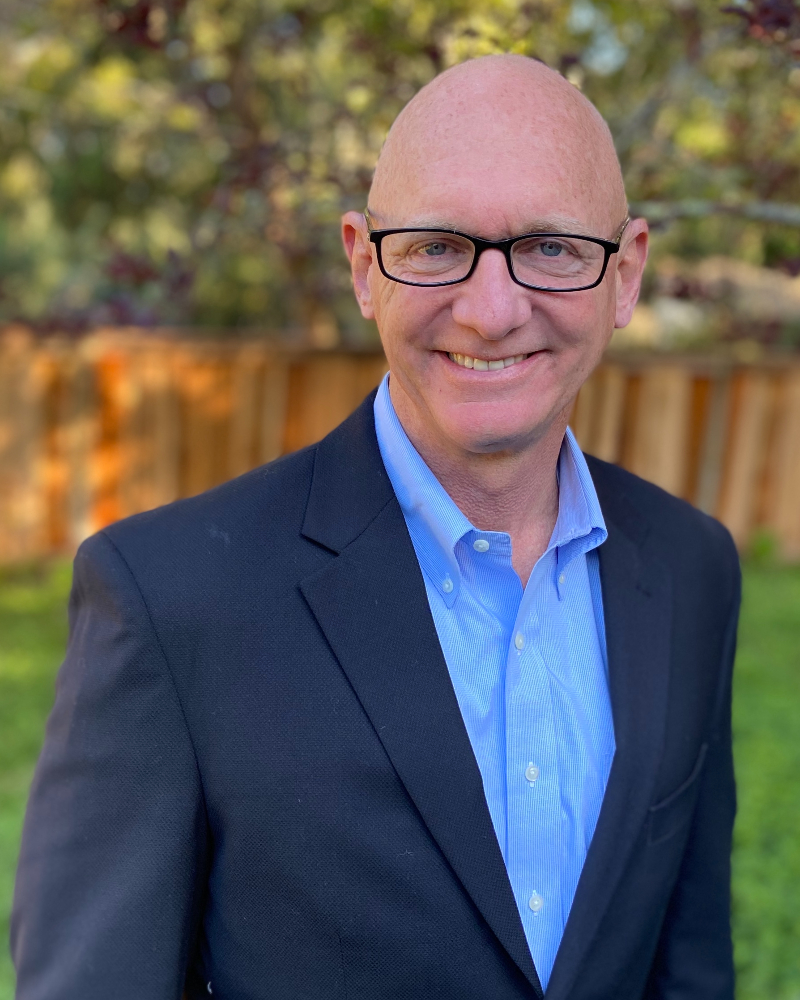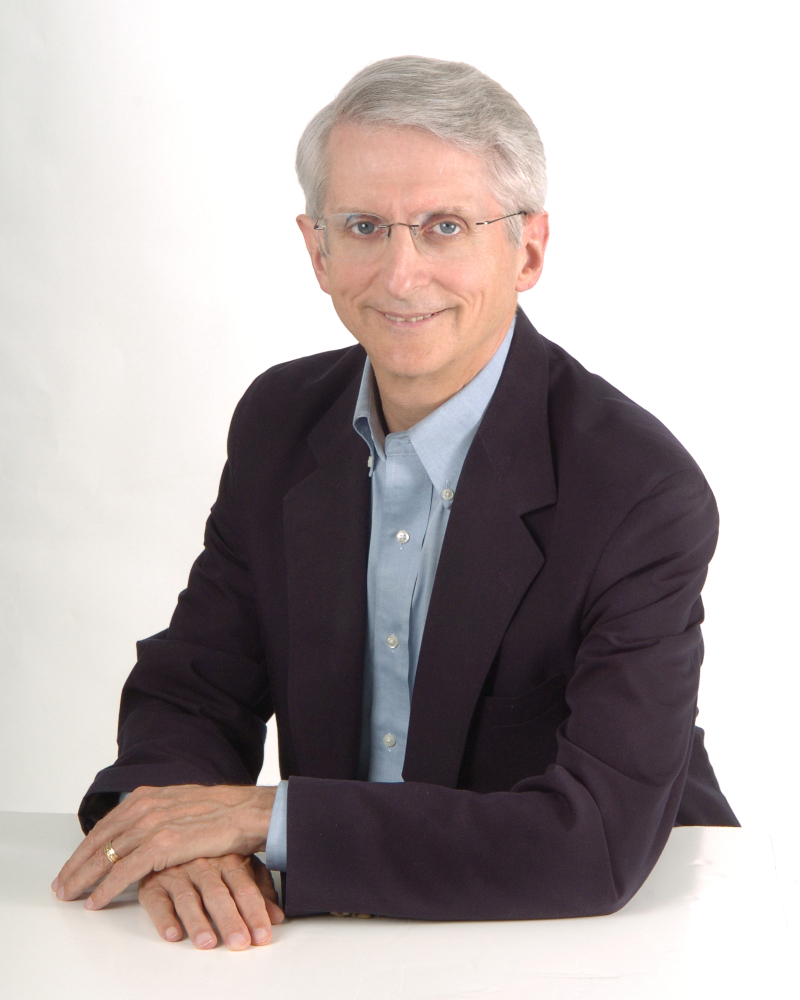The Paradox
of Innovation’s
Two Faces
with Peter Denning
& Todd Lyons
About the Live Learning Session
on Jan. 6th
At the heart of innovation “…is the art of getting people to adopt change,” according to Peter Denning, author of The Innovator’s Way. This is so important because about 96% of innovations fail to generate the desired results. One of the top challenges for innovators when working to get adoption is what Peter and Todd call the “fog of uncertainty” or the Innovation Paradox. Simply put, this is the difference between the way innovation looks when you’re looking back at it and the way it actually happened.
You’re invited to join Peter Denning and Todd Lyons on January, 6th, where they’ll lead a live virtual learning session about “Innovation for the real world and the innovation paradox.”
During this session, you’ll learn:
- About the skills needed to move your innovation to the world
- About how adoption vs. worrying about the right model helps you more
Here’s a short video of Peter Denning and Todd Lyons talking about this subject.
If adopting change in innovation is relevant to generating a more powerful future for your organization or yourself, this live learning session is for you.
Please join us on January 6th, 2021 at 12 pm PT / 3 pm ET for this live learning session where you’ll learn about the paradox of bringing innovation to the world and what to do about it.
Register below.
January 6, 2021
3 pm – 4 pm ET / 12 pm – 1 pm PT
Join the 60-minute learning session for our Generative community.
You’ll explore key ways to use innovation in your career.
Meet the Facilitators

Col (Ret) Todd Lyons,
Facilitator
Col (Ret) Todd Lyons serves as the Vice President for the NPS Alumni Association and Foundation. In this role, he bridges the divide between industry, academia, and DoD entities to accelerate the responsiveness of NPS to the challenges arising from great power competition and emerging technology. Todd also serves as a volunteer instructor for Innovation Leadership at NPS.
Prior to coming to the foundation, Todd served in the Marine Corps for 30 years. In his last assignment, he served as the Senior Marine Representative and the Associate Dean of Research at the Naval Postgraduate School. In those roles, he connected the work of students and faculty to the operational challenges of the Marine Corps, the Navy, and the broader DoD. As an innovation leader, he leveraged the research at NPS and the operational experiences of the students to drive the adoption of new practices across the Naval Services.
Todd Lyons earned a Master of Arts with honors in National Security Affairs from the Naval Postgraduate School. He earned a Master of Science degree from the University of Haifa and was the Honor Graduate from the Israeli National Defense College in 2007.

Dr. Peter Denning,
Facilitator
Peter Denning was fascinated with science from an early age and began building electronic circuits as a teenager. His algebraic computer built from pinball machine parts won the science fair in 1959, launching him into the new field of computing. A decade later, at MIT’s Project MAC for his doctorate, he took on the gnarly performance problem of the nascent virtual memory technology. Instabilities with thrashing and replacement algorithms threatened to scuttle that technology. He invented the Working Set Model, which immunized operating systems to thrashing and maximized system throughput. His solutions to these problems are widely used today in operating systems from desktops to smartphones. He is widely known as a virtual memory and computer systems performance pioneer.
He became an educator and taught computer science at Princeton, Purdue, NASA-Ames, George Mason University, and Naval Postgraduate School. At NASA-Ames, he established RIACS as one of the nation’s leading centers in computation science, working on high performance computing, telescience, and neural networks. In the early 2000s, he established the Great Principles of Computing Project, which seeded a major reform of computing education. He co-founded the CSNET, the first community network to use the Internet technology, leading the transition to the modern Internet.
Join us January 6, 2021 at 3 pm ET!
Day(s)
:
Hour(s)
:
Minute(s)
:
Second(s)
January 6, 2021
3 pm – 4 pm ET / 12 pm – 1 pm PT
Join the 60-minute learning session for our Generative community.
